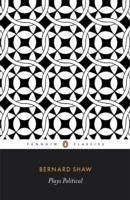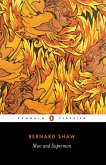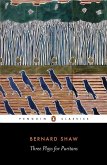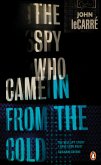Raises doubts on how seriously we can take Shaw as a political thinker. This title states that despite writing in the 1930s, he has little to say of the nature of totalitarianism. It shows that although he satirises Fascist dictators in "Geneva", the satire is disappointingly mild.
Hinweis: Dieser Artikel kann nur an eine deutsche Lieferadresse ausgeliefert werden.
Hinweis: Dieser Artikel kann nur an eine deutsche Lieferadresse ausgeliefert werden.








